Baptism and Communion
What are Sacraments?
It’s a church word that means sacred things. In the faith, we understand the idea of “sacred” as being dedicated and set apart as special and worthy. If we were to use non-church words to describe the sacraments, there are a couple of different ways to understand them.
First, they are best understood as encouragements, not as an equation or a formula. We believe that Jesus gave us the sacraments to encourage us in our faith, not as a “check the box” requirement. The sacraments are made for us, not the other way around.
Next, the sacraments are symbols. They are tangible and visible reminders of invisible and intangible spiritual realities. They provide a touchstone moment in time that always points us toward a continual presence of God’s love and grace. It is God’s way of connecting with us in a substantial way.
Finally, sacraments are an act of worship. They are done in the context of a congregation of God's people. They are expressions of faith by both the individual and the larger congregation. This is why we celebrate the sacraments together.
The two sacraments that were given to us by Jesus are baptism and communion (sometimes called the “Lord’s supper” or “eucharist.”) Keep reading to learn about our beliefs and approach to both.
What is Baptism?
Baptism is a sacred sign and seal of God's unbreakable promise of grace to us. It is symbolic of God’s word to us, that through baptism, we are “cleansed” in Jesus. In the same way that Jesus died for us and our sins, but then rose again to new life, baptism reflects that spiritual reality. When we receive Christ, our old self is buried with him in death, and we rise with him and walk in newness of life. Because Jesus calls himself the “Living Water,” we recognize the symbolic cleansing and refreshing characteristics of water, and we affirm sprinkling, immersion, and pouring as methods of baptism.
-
In baptism, God promises by grace alone to...
• forgive our sins;
• adopt us into the Body of Christ, the church;
• send the Holy Spirit daily to renew and cleanse us; and
• resurrect us to eternal life.
Through baptism, Christ calls us to
• have new obedience;
• love and trust God completely;
• forsake the evil of the world; and
• live a new and holy life.
-
We recognize that there are two significant moments in a person’s faith journey: The first is when a congregation makes a commitment to collectively raise up a child in the faith; the second is when the child claims their faith as their own.
We recognize, as do all Christians, that in the midst of both moments, the Holy Spirit is moving in the life of the person. The question remaining is, “What words do we use to capture these pivotal, touchstone moments?”
Because we believe that baptism signifies the receiving of the Holy Spirit, and that he is present and active long before the child recognizes or is aware of it, we call that first moment “baptism.” We place our hope and trust in the belief that, above all else, the Holy Spirit is the initiator of the faith.
What is Communion?
Communion is Jesus’ gift of encouragement and sustenance to the church. We take seriously the words of Jesus, who, on the night he was betrayed, took bread, gave thanks, broke it, and then shared it with his disciples. He spoke powerful and affirming words: "This is my body that is for you," he said. "Do this in remembrance of me." He also took a cup of wine and said, “Drink from it, all of you. This is my blood of the covenant, which is poured out for many for the forgiveness of sins."
-
When we engage in communion, we receive gifts of bread and wine, and we then give thanks to God. As we eat and drink the gifts, we believe there is a profound mystery of Christ’s presence in the bread and wine, and that his life passes into us and is made ours. The Lord's Supper is a way by which Jesus continually nourishes, strengthens, and comforts us.
Through our prayers and the sharing of bread and wine, we experience unity with each other through the sacrifice of Jesus. His death, resurrection, and ascension comes into the present so that its power once again touches us, changes us, and heals us. We gather at the table with joy. It is a celebration of our risen Lord, and through the power of the Holy Spirit, He is present with us at the table, and so we give joyful thanks for what God has done—and is doing—in our lives and in the world.
-
Our rhythm is to celebrate communion on the first Sunday of each month, as well on our Fifth Sunday worship service. The method of communion alternates between being served in the pew (called “passing”) and coming forward and dipping the bread in the wine (called “intinction.”) We offer bread and gluten-free bread, and the wine is unfermented grape juice.
-
Jesus is the host of communion and invites us to his table. All who proclaim Christ as Lord and Savior are welcome to participate in the Lord's Supper.
